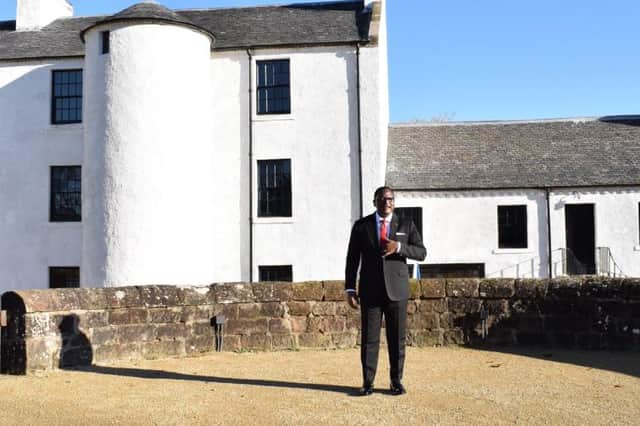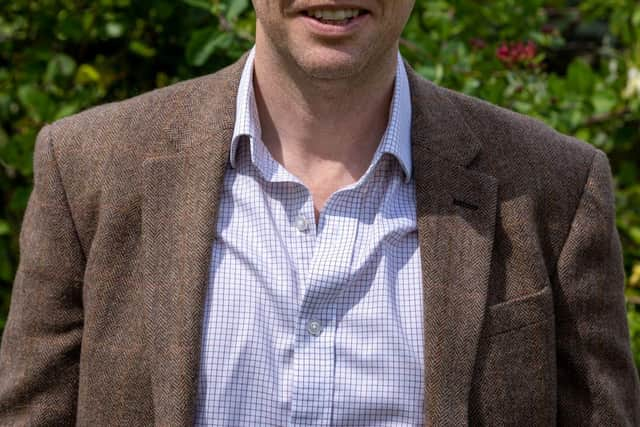Perhaps more important to listen as we explore our past - David Hope-Jones


The visit had been dropped from the President’s itinerary some time back but, on discovering this, the President insisted that he had the opportunity to visit the centre while in Scotland. Only semi-joking, the President said the museum is a point of pilgrimage for those visiting from Malawi and he couldn’t imagine leaving Scotland having not seen first-hand the place where David Livingstone was born.
This reverence for David Livingstone has many Scots scratching their heads. Livingstone, it is often presumed, was an integral part of Scotland’s colonial past. And there is certainly truth to that: just a few years after Livingstone’s death, the maps he painstakingly drew from his travels were used as part of the colonial project, essentially invading Africa. While this was never Livingstone’s intention, there is no doubt that he was a precursor of empire.
Advertisement
Hide AdAdvertisement
Hide AdBut this is not how many in Malawi see David Livingstone. In Malawi, Livingstone is overwhelmingly remembered very fondly, as a man of peace, a man of God and someone that (literally) fought the slave trade at a time it was unfashionable to do so.


Commendably, the new exhibition works hard to challenge the ‘lone explorer’ narrative and looks to tell the stories of Livingstone’s African friends and contemporaries. The final room of the exhibition uses video to share many different perspectives of Livingstone’s legacy, from across Malawi, Zimbabwe, Botswana and Zambia, as well as across Scotland.
The truth is, Livingstone’s legacy means different things to different people and it’s important we don’t try to over simplify this in the hope of constructing a single, neat narrative.
The President, like his predecessors (all of whom have visited the museum) was visibly moved to tour the new exhibition and afterwards spoke passionately about Livingstone being part of the shared history which unites Malawi and Scotland. Indeed, the President took time from his busy itinerary to sit down and have coffee and scones with the staff at the exhibition, congratulating them on all they have done and emphasising how faithfully and sensitively they were remembering Livingstone.
No sooner had the President left for his next engagement, I got a call from the High Commission. The Malawi Foreign Affairs Minister, Hon. Mkaka, had heard there was an opportunity to see the museum and was driving across from Edinburgh to ensure he didn’t miss out! Sure enough, an hour later, the Minister arrived and we did the tour again. The Foreign Minister was similarly moved; he talked of his great, great grandmother, who was captured as a slave but then released. For him, the fight against the slave trade at this time was a deeply personal, existential matter.
For me, this was a powerful reminder to never make assumptions about how others view our history from this time. As we explore our past, it is perhaps more important to listen than to talk: we need to make space to share our history, honestly and openly, and be respectful of different interpretations.
I encourage you to visit the excellent new David Livingstone Centre yourself and join the discussion.
David Hope-Jones OBE, Chief Executive, Scotland Malawi Partnership
Comments
Want to join the conversation? Please or to comment on this article.